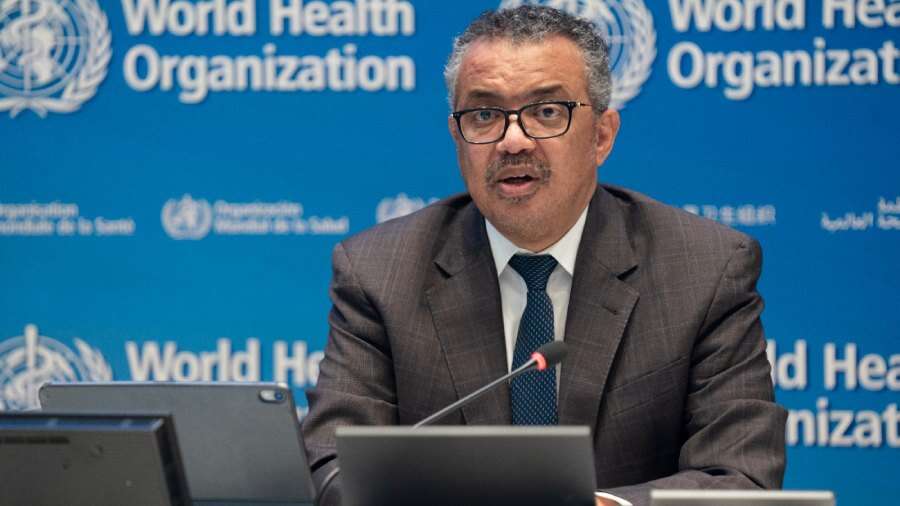The World Health Organization (WHO) has embarked on a mission to harness the power of cutting-edge innovations to revolutionize the global healthcare system, providing essential support and guidance to member states.
WHO’s goal is to make these groundbreaking innovations accessible and influential for all, thereby building knowledge, capabilities, and confidence among its members to leverage innovation for expediting health improvements worldwide.
Dr. Tedros Ghebreyesus, the Director-General of WHO, emphasized the pivotal role of innovations and digital technologies in the daily lives of people worldwide. In today’s interconnected world, digital innovation is advancing on an unprecedented scale, presenting vast, untapped potential for enhancing public health.
Dr. Ghebreyesus stated, “WHO’s innovative health approach represents our commitment to collaborate in novel ways with our Member States, workforce, and partners to identify the most innovative solutions and deliver them to those in greatest need.”
In a call to action, he invited the global community to join this campaign, underscoring the WHO’s dedication to leveraging digital technologies and healthcare innovations to expedite the achievement of sound health and well-being worldwide.
The Global Strategy on Digital for the years 2020 to 2025 emphasizes the transformative potential of information and communications technology and the opportunities arising from global interconnectedness to accelerate human progress, bridge the digital divide, and advance society.
In its official statement, WHO underscored the importance of an interoperable digital health ecosystem, facilitating the seamless transfer and secure exchange of health data among users, including healthcare providers, health systems managers, and health data services. The shared health data should be managed with the patient’s consent, prioritizing trust, patient privacy, digital system security, and protection against misuse.
This collaborative sharing of health data holds significant value in enhancing the quality of healthcare processes, improving healthcare service outcomes, and ensuring uninterrupted patient care.
Furthermore, it may contribute to the development of a comprehensive knowledge database capable of interacting with other data systems, including data related to the social determinants of health and registries.
WHO clarified that the secondary use of health data is crucial for enhancing healthcare quality and research efficacy. This can enable the testing, validation, and benchmarking of artificial intelligence solutions and large-scale data analyses in diverse contexts, thereby ensuring the continuity of patient care.
To guide public policymakers among member states, healthcare providers, the healthcare industry, manufacturers, investors, and procurement authorities in their digital health endeavors, WHO is actively working on a global strategy that will provide essential direction and guidance.
In summary, WHO’s collaboration with groundbreaking innovations aims to usher in a new era of digital healthcare and improve global health outcomes by facilitating the responsible and strategic use of digital technologies and health data.




